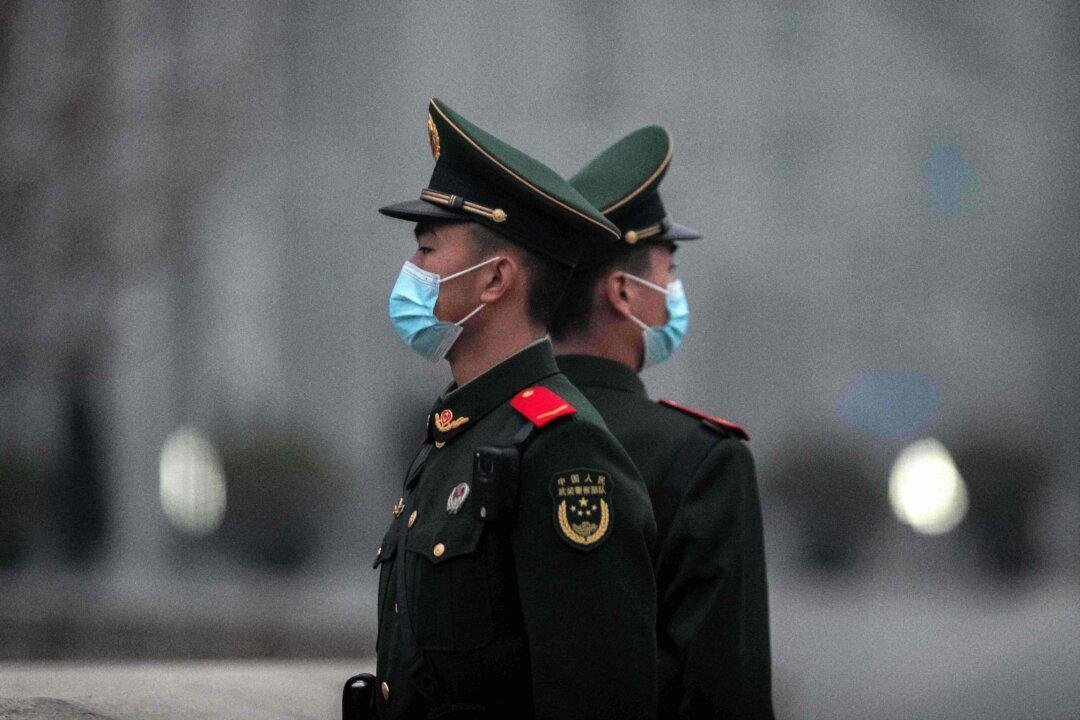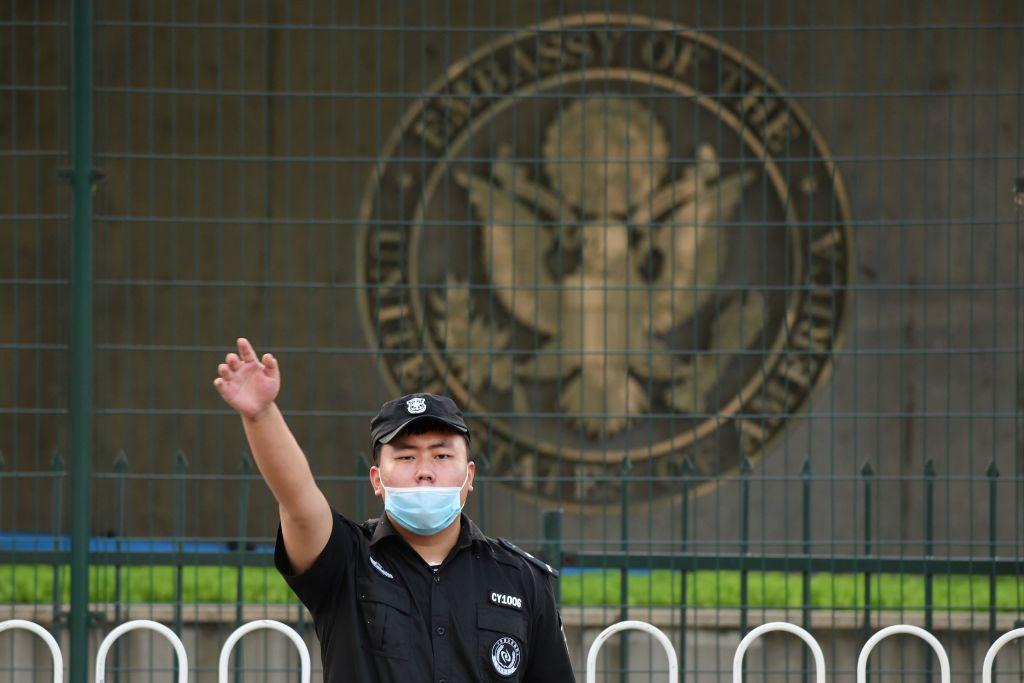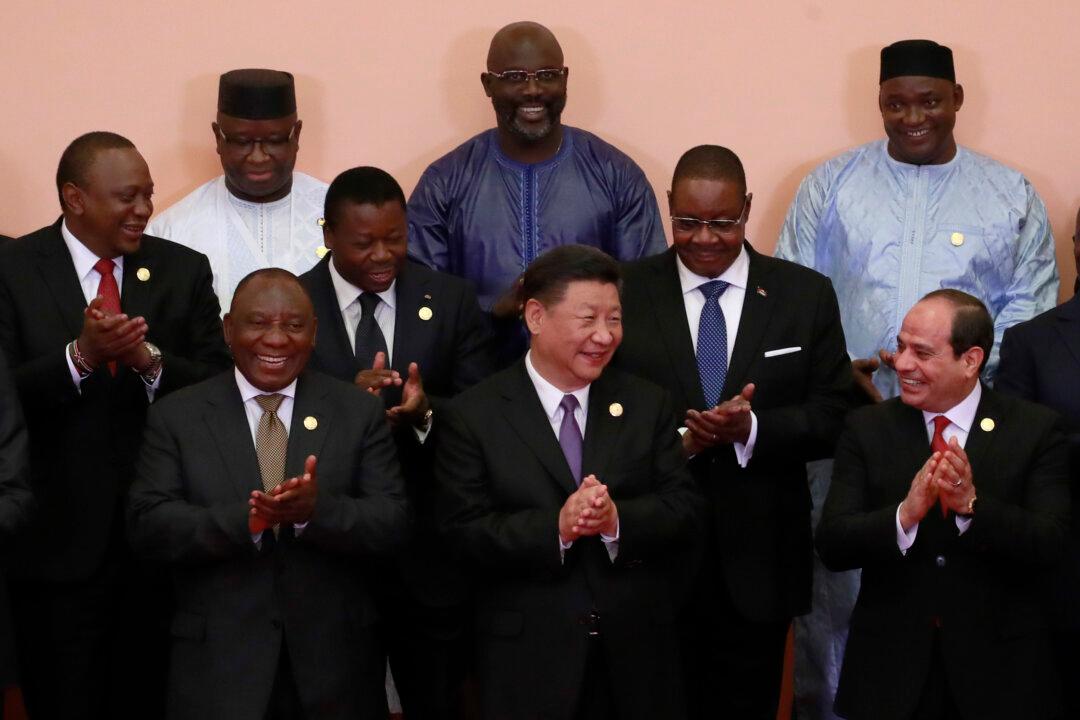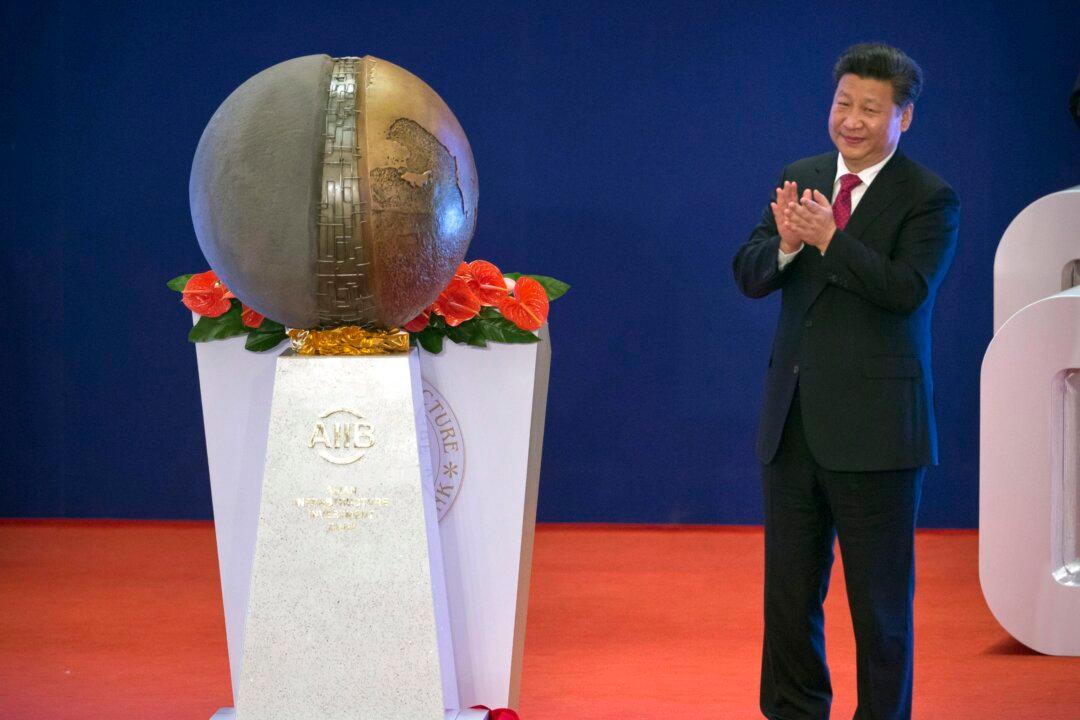Under the Chinese Communist Party’s (CCP) totalitarian system, justice is often dispensed in the opposite way from what most people would expect. In many cases, hard-working citizens who stand up for their rights are sent to prison rather than the true perpetrators.
Case 1: Migrant Worker Detained for Protesting Over Unpaid Wages
Many people in China’s rural areas who go to big cities to make a living as migrant workers (mostly) for Chinese regime projects, often find themselves frustrated because they don’t receive their wages. Protesting is often futile because local authorities usually impose crackdowns on them.On Feb. 5, a migrant worker from China’s Gansu Province was arrested and detained for 10 days after he climbed up a 50-meter-high tower crane arm at the construction site in an attempted suicide to protest his unpaid wages, according to a report by Chinese news portal Sina.
Case 2: Resident Detained for Protesting Against Forced Demolition
Whether it is to make way for development or some other reason, Chinese authorities often forcibly demolish residential houses, but residents who protest against it face harsh treatment or arrest.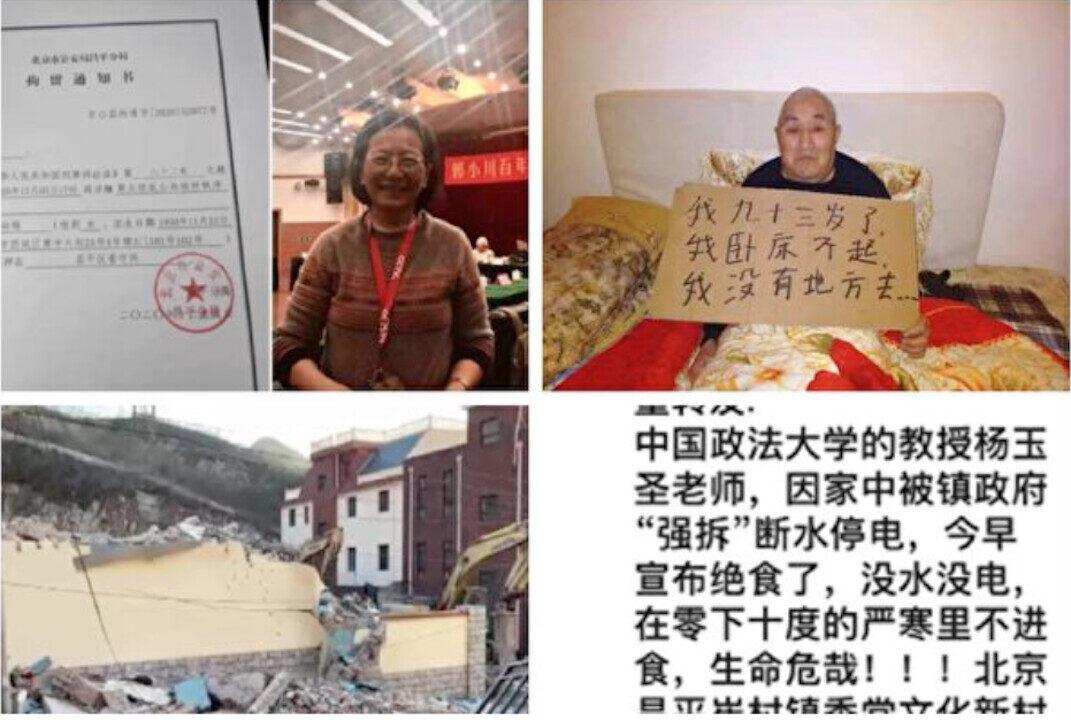
Case 3: Citizen Sentenced to 4 Years for Exercising Free Speech
Under the CCP’s one-party rule, moral depravity and corruption are ubiquitous, but citizens who dare to publicly criticize the regime or its corrupt officials face grim consequences. Cases of citizens getting punished for exercising free speech are quite common.In April 2020, Liu Yanli, a female bank employee in Hubei Province, was sentenced to four years in prison by the Dongbao District Court in Jingmen city of Hubei Province for posting on WeChat (a popular Chinese social media platform) messages that allegedly attacked CCP leaders and requested transparency of CCP officials’ personal assets, according to a report by Voice of America.
Case 4: ‘709 Crackdown’ Against Human Rights Lawyers
Disregarding China’s constitutional provisions and its international commitments and obligations, the Chinese regime has continued its unrelenting persecution of human rights lawyers and activists, according to reports by Amnesty International.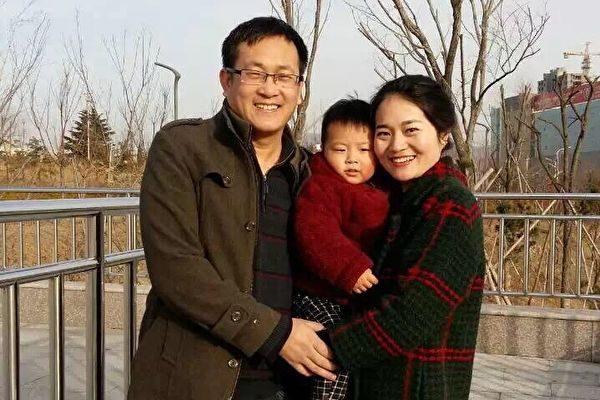
Case 5: Doctor Arrested for Faulting a Popular Tonic
On Dec. 19, 2017, a doctor named Tan Qindong of Guangzhou, in southeastern Guangdong Province, posted on his WeChat an article about a popular Chinese tonic that had been heavily promoted on state and local government-run TV channels.Tan warned in his article that the tonic, which contained toxic herbs, would cause harm to the elderly who have hypertension or cardiovascular diseases, according to a BBC report.
On Jan. 10, 2018, police arrested Tan at his residence on the grounds of “damaging the reputation of a commodity.” Police traveled all the way across the country from Liangcheng, in northwestern China’s Inner Mongolia region, where the company of the tonic is based. However, the company had a record of exaggerated advertising claims and violated rules against misleading advertising more than 2,600 times. It had been suspended from sales dozens of times, according to the report.
Case 6: Judge Arrested for Exposing Judicial Misconduct
In December 2018, Wang Linqing, a Chinese supreme court judge, went missing after he exposed judicial misconduct at the regime’s highest court involving two multi-billion-dollar mining cases. Later, the whistle-blower was arrested and placed under criminal investigation for leaking state secrets.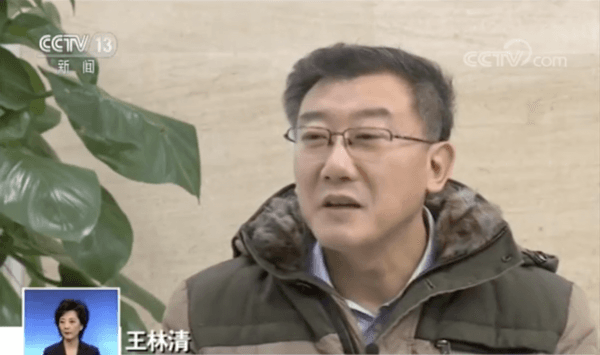
On Feb. 22, 2019, state-run television CCTV aired a video “confession” from Wang, in his first public appearance since he disappeared in early January. The “confession” video followed the release of two other videos in which he disclosed alleged misconduct in the two high-profile cases.
China’s Social Justice Is Dead
The law is the cornerstone of social justice. On Dec. 16, 1966, the United Nations General Assembly adopted the International Covenant on Civil and Political Rights, which obliges each state party to respect and ensure the rights of its citizens, including: the right to life, freedom of religion, freedom of assembly, the right to vote, due process of law, and the right to a fair trial.Since the Chinese regime formally signed the Covenant on Oct. 5, 1998 at the United Nations Headquarters in New York, the CCP has never kept its promise to honor it.
In the past decade, China’s human rights situation has worsened, and despite persistent international criticism, the CCP has continued to act in total defiance of international conventions and continues to violate human rights in the country. These include forced family planning, construction of a national internet firewall, forced demolition of residential houses and churches, suppression of religious freedom, deprivation of freedom of assembly, deprivation of freedom of speech, construction of concentration camps in Xinjiang, arrests of Hong Kong citizens in the fight for their freedoms, arrests of human rights lawyers and activists, to name just a few. All of these are sufficient to show that social justice in China is dead.
